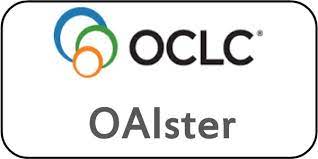Consensus on ONgoing Educational Practices to Improve SGLT2i Adherence in India: Consensus ONE SGLT2i Adherence Group
Keywords:
Diabetes mellitus,, SGLT2i,, patient education,, technologyAbstract
Sodium-glucose cotransporter 2 inhibitors (SGLT2i) directly inhibit the SGLT2
protein in kidney proximal tubules, leading to increased glucose excretion. Medication
adherence ensures individuals receive intended therapeutic effects, optimizing overall
treatment effectiveness. The primary objective of this consensus study was to pinpoint the
prevalent adverse effects associated with SGLT2i and establish optimal clinical practices for
educating patients during the initiation of therapy. Methods: A diverse panel of experts,
consisting of 158 clinicians specializing in diabetes care across India, were invited to engage
in a Delphi discussion following an initial online survey conducted via email. Throughout
the process, panelists were actively encouraged to offer feedback on the compiled responses,
allowing for adjustments in their perspectives. Subsequently, the outcomes of each meeting
were consolidated to form final recommendations. Results: About 88.24% of participants
identified initiating SGLT2i for type 2 diabetes with atherosclerotic cardiovascular disease,
heart failure or chronic kidney disease. Considerations for prescribing include eGFR <25 mL/
min/1.73 m² (66.46%), a history of urinary tract infection (65.82%), and prior genital mycotic
infections. Most (53.71%) preferred tips in prescriptions, and 63.92% consistently educated
patients about SGLT2i use, with 64.15% strongly agreeing it alleviates clinical inertia; 68.35%
strongly supported regional language education, and 79.11% endorsed QR-based patient
education in smart prescriptions (Rx). Conclusion: Educating patients in regional languages,
leveraging technology and providing printed literature are crucial strategies for overcoming
clinical inertia and enhancing medication adherence.






